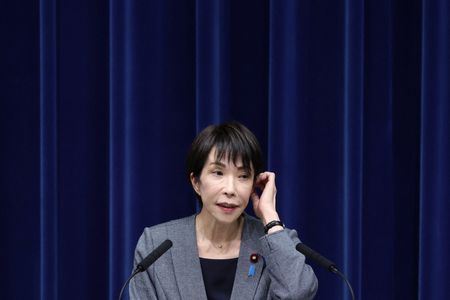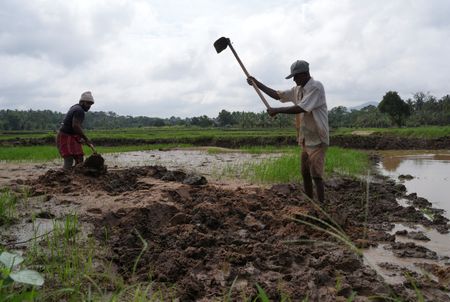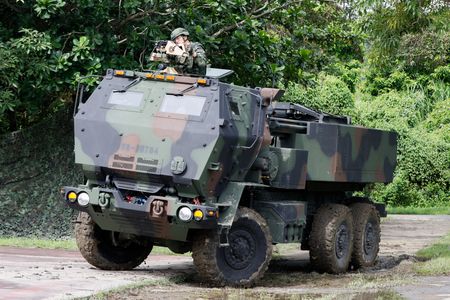By Sonali Paul
SEOUL/MELBOURNE (Reuters) – A South Korean court has dismissed an application from a group of Indigenous Australians to block South Korean export credit agencies from funding a deep-sea gas pipeline for the $3.6 billion Barossa gas project off northern Australia.
People from the Tiwi Islands and Larrakia Traditional Owners in March sought an injunction from the Seoul Central District Court to block Export-Import Bank of Korea (KEXIM) and Korea Trade Insurance Corp (K-Sure) from providing loans for the Barossa pipeline.
The Seoul Central District Court on Friday dismissed the application to block loans to the project, the court’s record showed.
“We are disappointed in yet another timid decision by the South Korean court around environmental cases. The South Korean court has historically been very timid about environmental cases and cross-border issues.
The ball is now in the court of Australian regulatory bodies,” said Ha Jiyeon, a Seoul-based lawyer with a climate group familiar with the case.
“We plan to review various factors such as necessity of LNG imports as well as environmental factors to support the project,” KEXIM told Reuters.
K-Sure was not immediately available for comment.
The indigenous groups had said they were not properly consulted on the Barossa project and the planned 260 kilometre (162-mile) pipeline that will connect offshore gas facilities to an existing pipeline that runs to Darwin.
KEXIM and K-Sure are considering loans and loan guarantees that could be worth around $700 million.
Australia’s Santos Ltd, operator of the Barossa development, due to produce first gas in 2025, declined to comment on the case.
Partners in the project include private South Korean energy company SK E&S.
(Reporting by Sonali Paul in Melbourne, Heekyong Yang and Byungwook Kim in Seoul; Editing by Bernadette Baum and Mark Potter)





